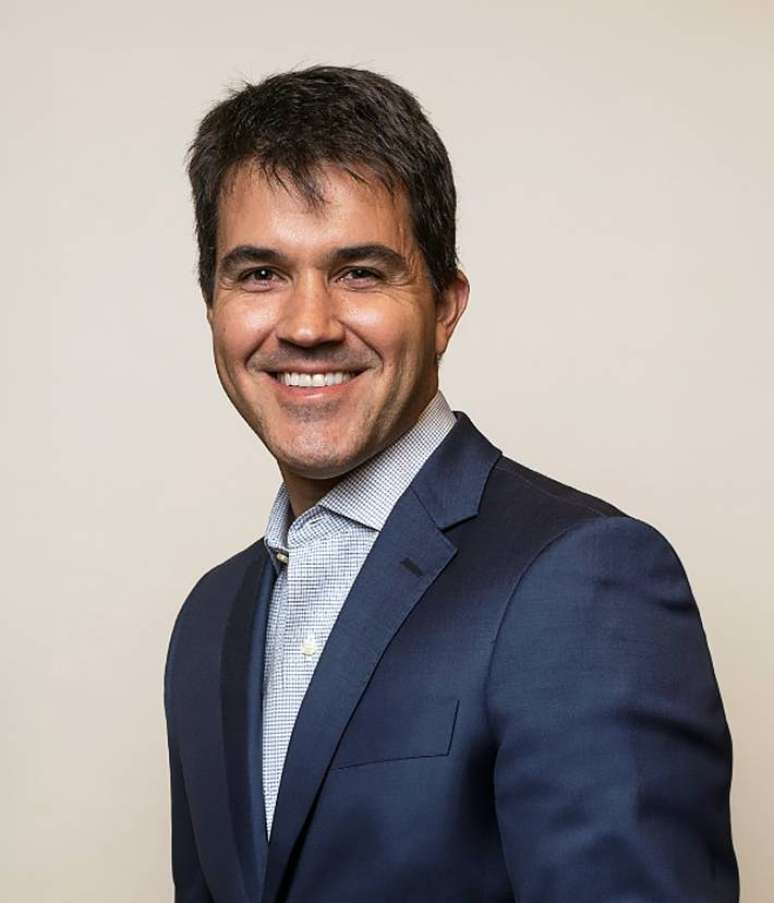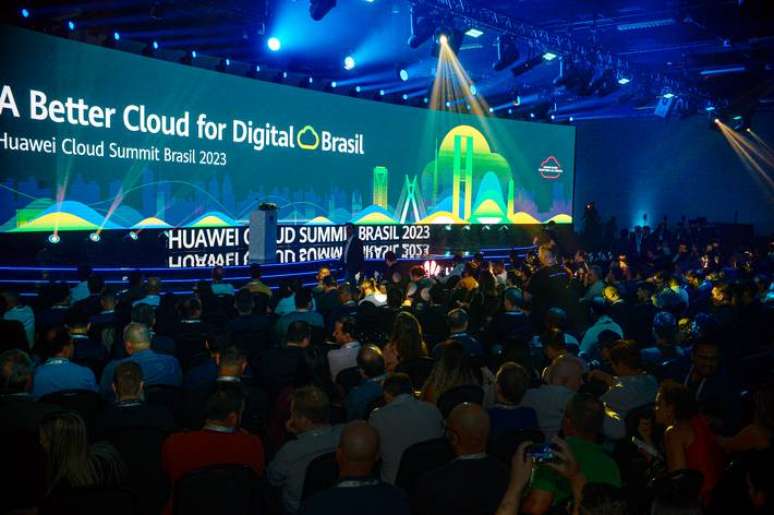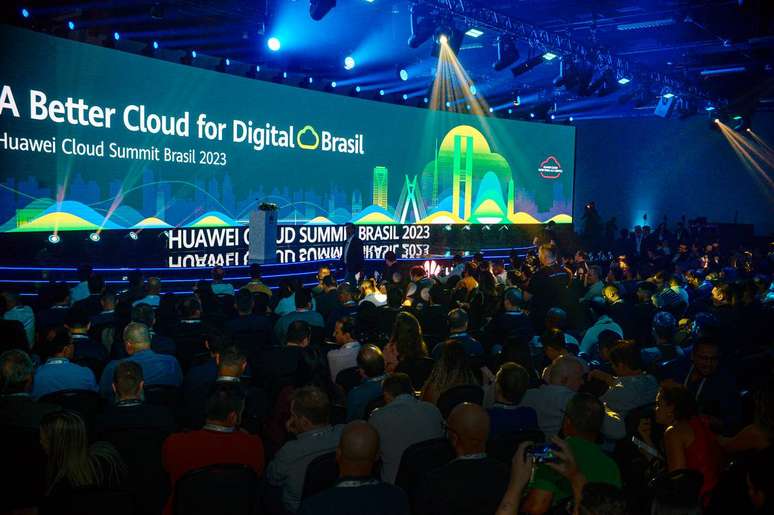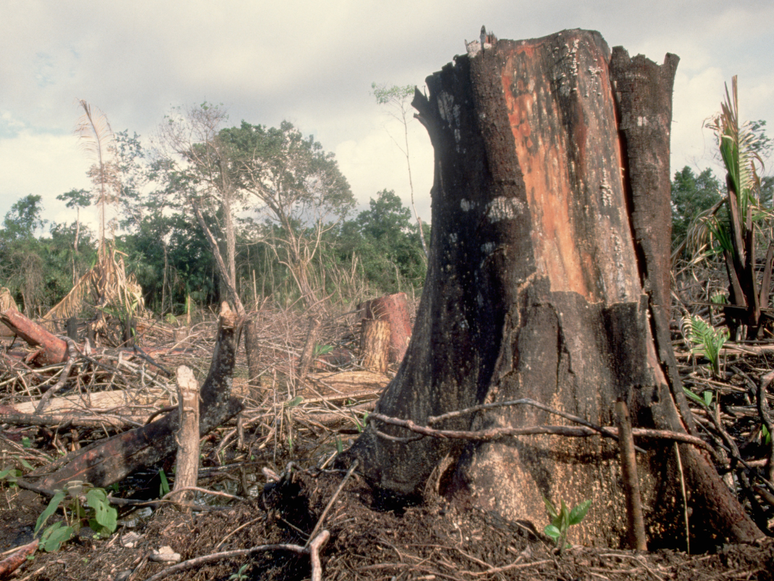The multinational presented new models to help large corporations, mining companies, banks and even the public sector gain efficiency, security and scalability
When it comes to technology, many people tend to only think about how a specific innovation transforms people’s lives. But, in the current state of digital transformation, there is great power in the conjunction of two or more IT systems, platforms and models, as in the union of artificial intelligence and cloud computing. It is precisely in this union that Huawei Cloud, the cloud computing platform of the multinational Huawei, is betting for 2024, after announcing the arrival of new technologies on the Brazilian market, helping the public and private sector to gain efficiency, security and be capable of satisfying unique requests on a large scale.
The main innovation presented by the company at an event held at the end of November in Sao Paulo is the Pangu artificial intelligence model, which reaches its third version, increasingly adapted to serve industries in different sectors. Called Pangu 3.0, the system will be implemented, for example, in the port of Santos, on the coast of Sao Paulo, to automate the logistics of the largest port in the southern hemisphere, vital to the Brazilian economy.
“With the ability to intelligently control the entry and exit of trucks, the implementation of Huawei Cloud technology will allow the port to operate uninterrupted, operating at 100% of its potential,” says Francisco Menezes, vice president of Huawei Cloud Brazil. “With this innovation it will be possible to increase the operational capacity of ports up to five times”, adds the manager, based on tests carried out with the same technology in the port of Tianjin, China.
In addition to serving to automate tasks in ports and other industries, the Pangu system also has dedicated models for specific sectors of the economy, predicting scenarios and activities that can, for example, help reduce human workers’ participation in unhealthy activities . This is what happens with Pangu Mining, whose algorithms work based on data collected in mining, another important sector of the national economy. “Today we have a system used in eight coal mines in China, which acts with greater predictability and control over the excavation points. In addition to increasing efficiency, the use of technology in the industry can reduce the number of workplace accidents” , explains Menezes.
Another relevant innovation is Pangu Weather, which, based on meteorological data collected in the cloud, quickly makes predictions about the weather and climate: the system is able, for example, to predict the trajectory of a hurricane within 10 days in just 10 seconds. “This will make it possible to accurately predict heavy rains, thunderstorms and other climatic variations in Brazil, giving public managers time to implement impact mitigation actions,” projects the vice president of Huawei Cloud Brasil.
Global difference
In addition to advanced technologies, another differentiator of Huawei Cloud services is their broad application around the world: developed in China, the company’s cloud computing and artificial intelligence systems are now tested by customers from different industries in more than 170 countries. “We are able to combine local support and global knowledge, which gives us 30% better performance and four times faster in a cloud system, compared to storage systems in physical installations. Furthermore, we have more than 40 international security certifications “, says Menezes, who sees three main goals in Pangu 3.0: reshaping industries, fine-tuning technologies and sharing successes.
It should also be underlined that Huawei’s story in Brazil did not begin yesterday: in 2023 the company celebrated 25 years of activity here, serving telecommunications companies, television broadcasters, banks, industries and even the public sector. Combined with the company’s global trajectory, this history places the company in a prime position in the market. “With investments and global R&D, we have been able to test, apply and succeed in innovation, bringing success stories to Brazil,” emphasizes the Huawei Cloud executive.
Among the examples cited by Menezes there is also Xiaofu, an intelligent government assistant developed in Shenzhen, China, which uses the Pangu model to serve users and citizens in a convenient and fast way. Another example, also powered by the company’s cloud computing, is Digital Human, an artificial intelligence service that automates many customer support and interaction tasks. In China it is used by banks to create a virtual manager, capable of serving customers via smartphone. “This is an innovation that can also be used in the entertainment market, in virtual training and also in online sales”, underlines the manager.
Huawei’s cutting-edge technology also features high standards of security and privacy, in strict compliance with local laws. According to Menezes, “cloud computing and artificial intelligence are the trends of the future of technological development in Brazil and Huawei Cloud is able to offer all the solutions to digitalize organizations, promoting innovation and greater competitiveness.”


Source: Terra
Rose James is a Gossipify movie and series reviewer known for her in-depth analysis and unique perspective on the latest releases. With a background in film studies, she provides engaging and informative reviews, and keeps readers up to date with industry trends and emerging talents.







